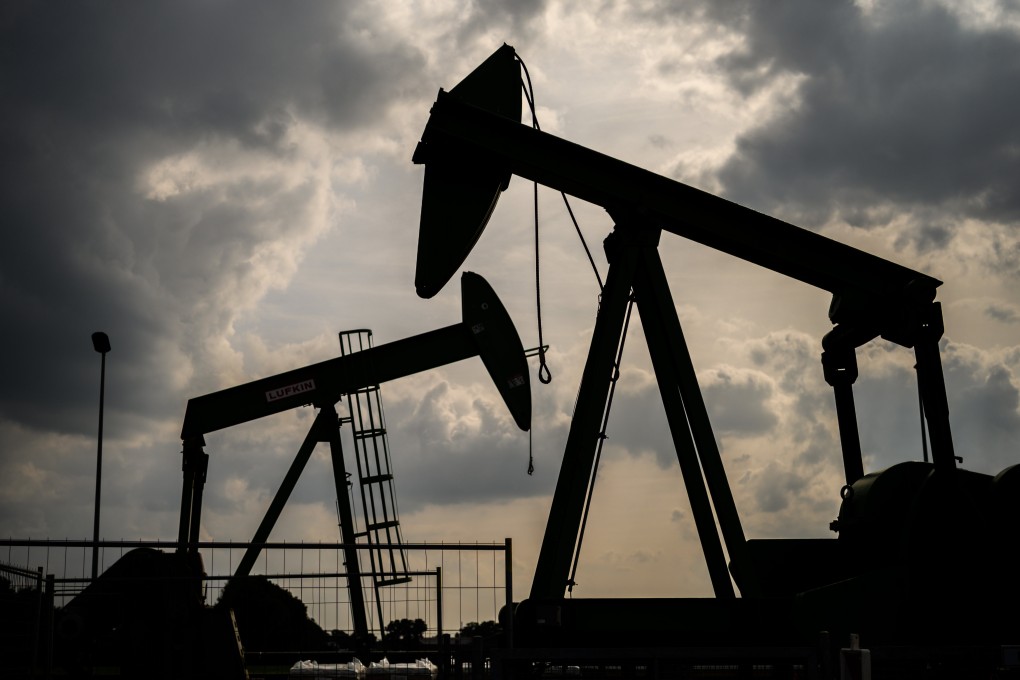Alarm bells for climate as ‘unthinkable’ Opec move sets stage for oil glut
- Opec’s decision to relax output curbs has sparked fears of an oil glut that could derail Cop28 fossil-fuel phase-out plans

The voluntary output cuts by Opec+ members were expected to be extended until the end of this year, but the consortium announced earlier this month it would gradually phase out its cuts of 2.2 million barrels per day over the course of a year, starting in October, to appease some members.
The International Energy Agency forecast this month that global oil capacity in 2030 may exceed demand, which could lead to a bearish trend for oil prices. Opec has not specified a timeline for production increases, but has stated that its actions will depend on market conditions.
Oil prices, which are influenced by many factors besides supply and demand, have edged higher this week to around US$85 per barrel on hopes the US Federal Reserve will cut interests rate to reverse losses in the wake of the Opec agreement.
“Though it won’t stop the growth of renewable energy, there is a risk Opec’s move may lock-in further investment and dependence on oil and gas in some regions,” Tong said, adding there is little room for the expansion of oil, gas and coalfields if the world seeks to limit global warming.